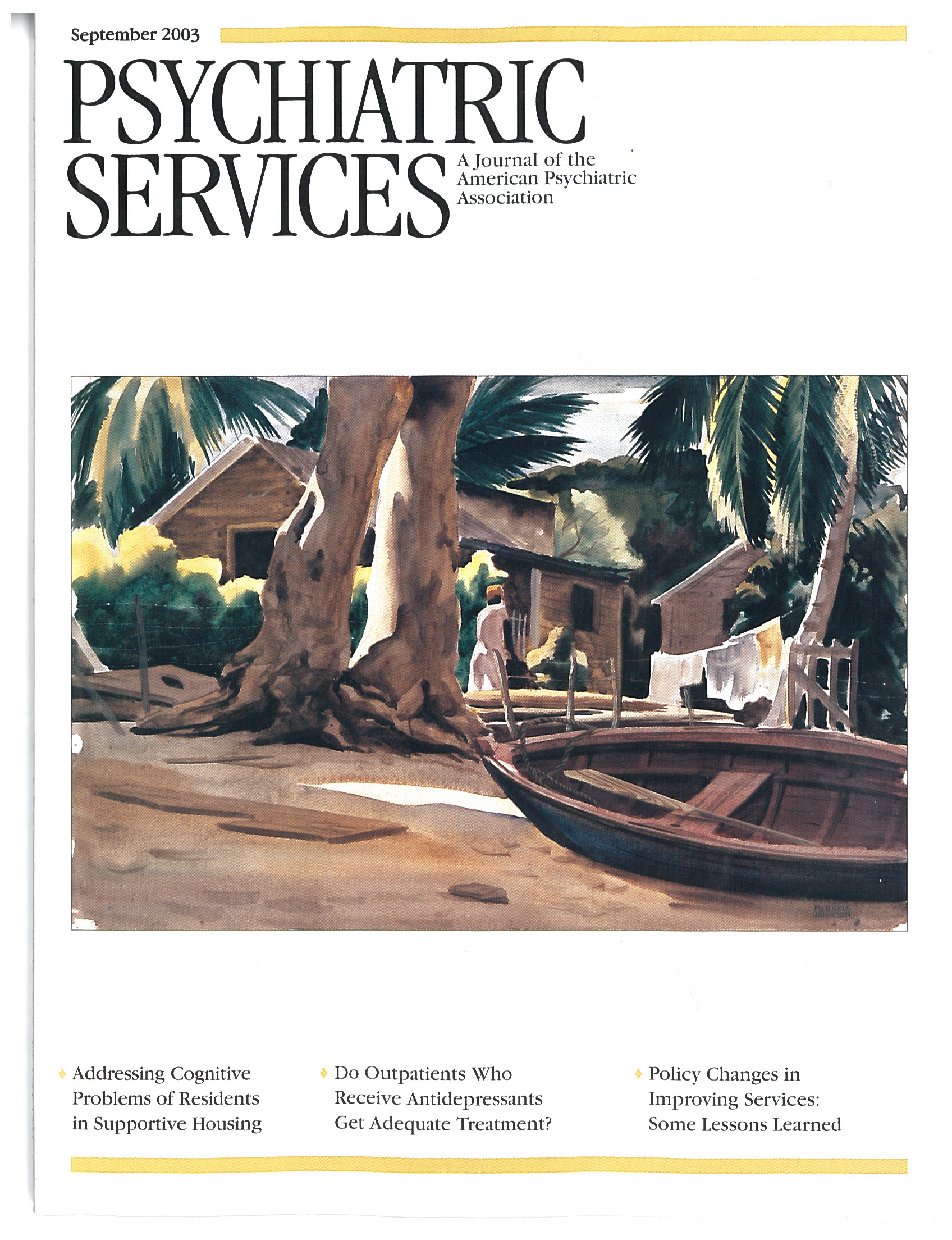Policy Challenges in Improving Mental Health Services: Some Lessons From the Past
Abstract
The author shares lessons he has learned over the past 45 years he has spent in the health care field, focusing on five areas: research; managed behavioral health care; health insurance and parity; service system availability and linkage; and dignified employment for persons with mental illness. He notes that a broad and sustained research effort is needed, from basic biological and behavioral processes to investigation of how to better organize and provide services. He argues that although much improvement is needed in the area of managed care, such improvement should come about by fixing managed care rather than by attempting to destroy it; managed care is necessary if parity is to be achieved. He also notes that although the term "integration of care" has become popular over the past decade, few systems have been able to successfully integrate care at the clinical level. Regarding employment for persons with mental illness, he notes that the traditional approach to vocational rehabilitation is less effective than placing such persons directly in competitive employment and providing supports as needed; although the evidence on this is clear, the work has yet to reach many professionals who make important decisions affecting the rehabilitation opportunities of persons with mental illness. The author concludes that although better treatment tools have become available over the past half century and services are being provided to more people, many signs of neglect remain, particularly for the most poor and disenfranchised individuals.



